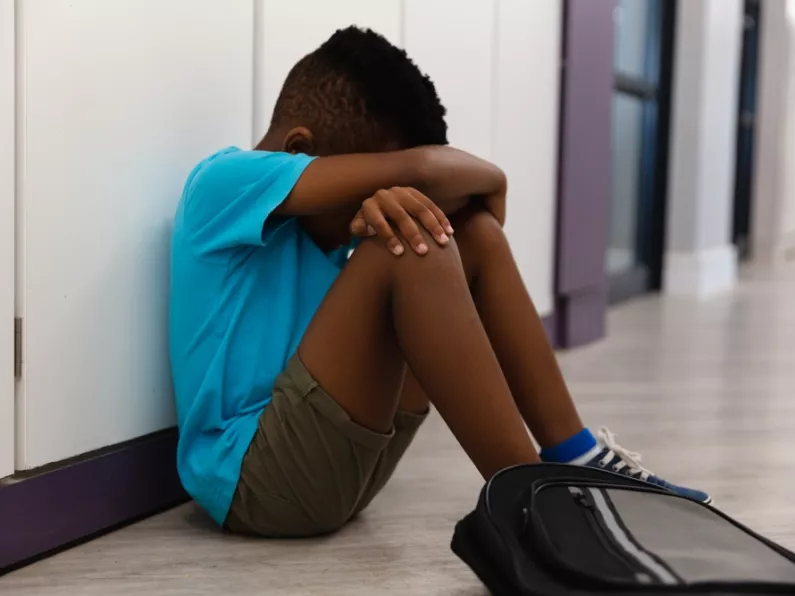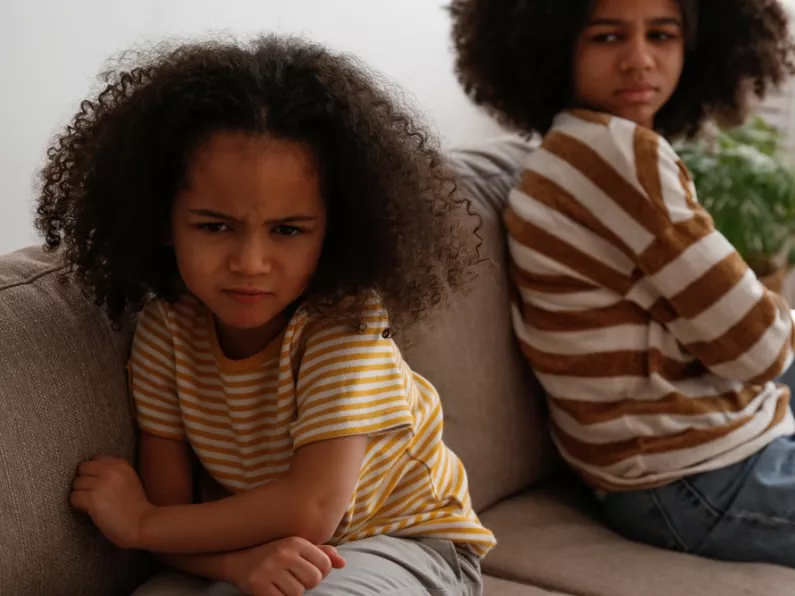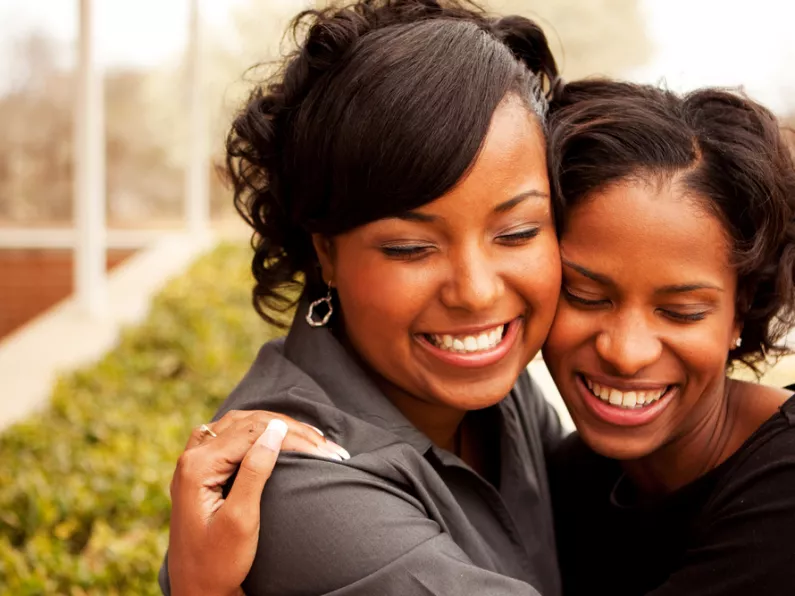Child psychologist reveals most harmful things parents say to kids
Child psychologist and professor Sam Wass, who is an expert in child stress and attention, has revealed that the worst thing you can say to your children is to tell them not to feel their emotions – be it sadness, anger, or something else entirely.
"Inhibiting emotions doesn't work," Wass told the The Mirror newspaper in the UK.
"It doesn't work for adults and it definitely doesn't work on a child, you can't just tell someone to cancel an emotion."
He says he often sees it every September, as parents are marching their little ones off to their first day of school.
"Their child is in floods of tears and the parent is walking along and saying in a really cheerful voice 'it's going to be fine, you're going to have a lovely time, don't be scared'."
Explaining emotions
But instead of telling them what not to feel, Wass says you should try and explain to your child what their emotions are.
"What we think does work is just describing what a child might be feeling, we call this building metacognitive awareness and it's the awareness of the inner child and what they are feeling."
The psychologist says this is something we never teach children in schools, but is something we really have to learn.
"Children aren't aware of what they're feeling, they can't describe it and that's because they don't know it themselves," he explains.
"It's only by you describing to them what they are feeling that they gain that self-awareness of what it is.
"Something about being self-aware of what we're feeling helps us to manage that emotion and helps it to reduce."









